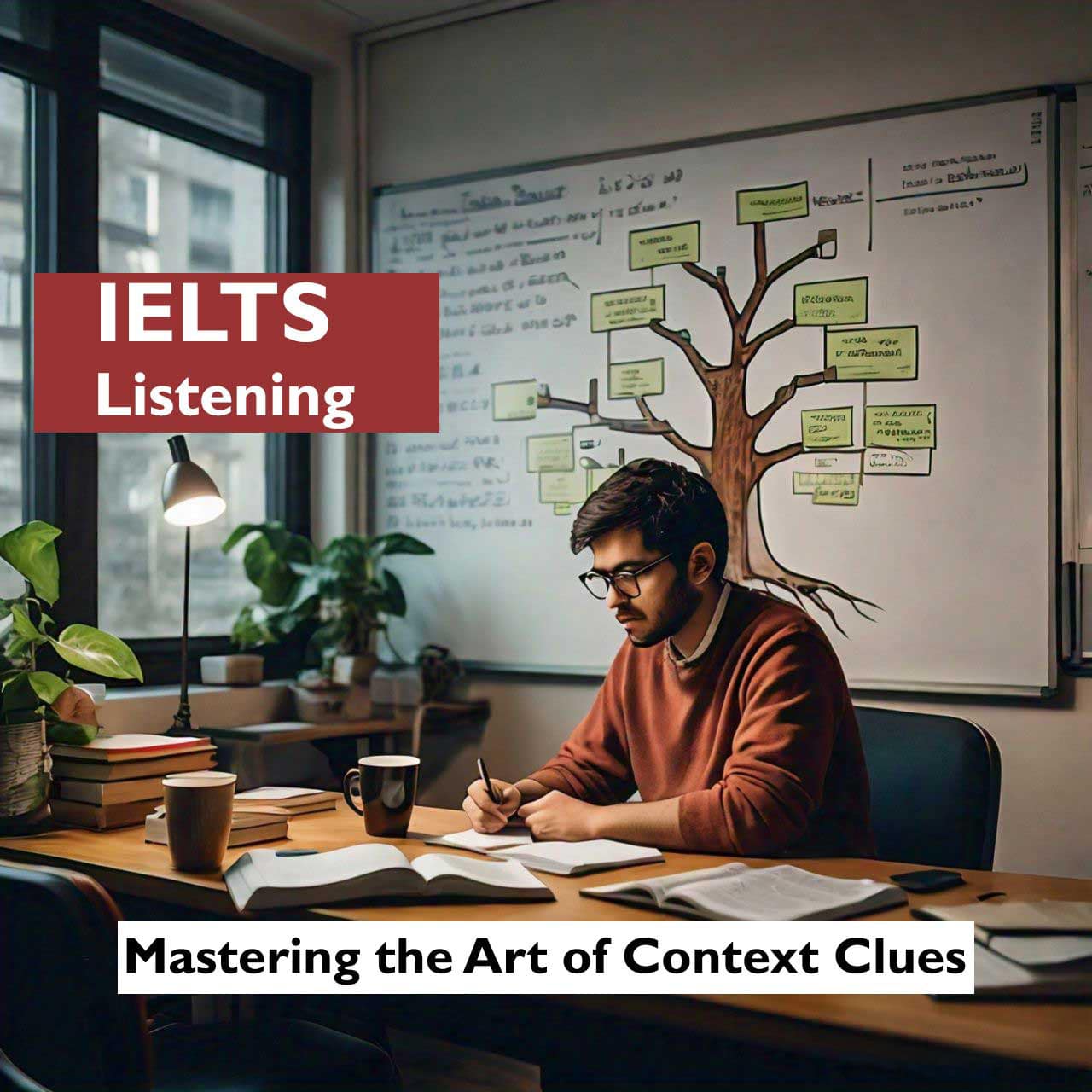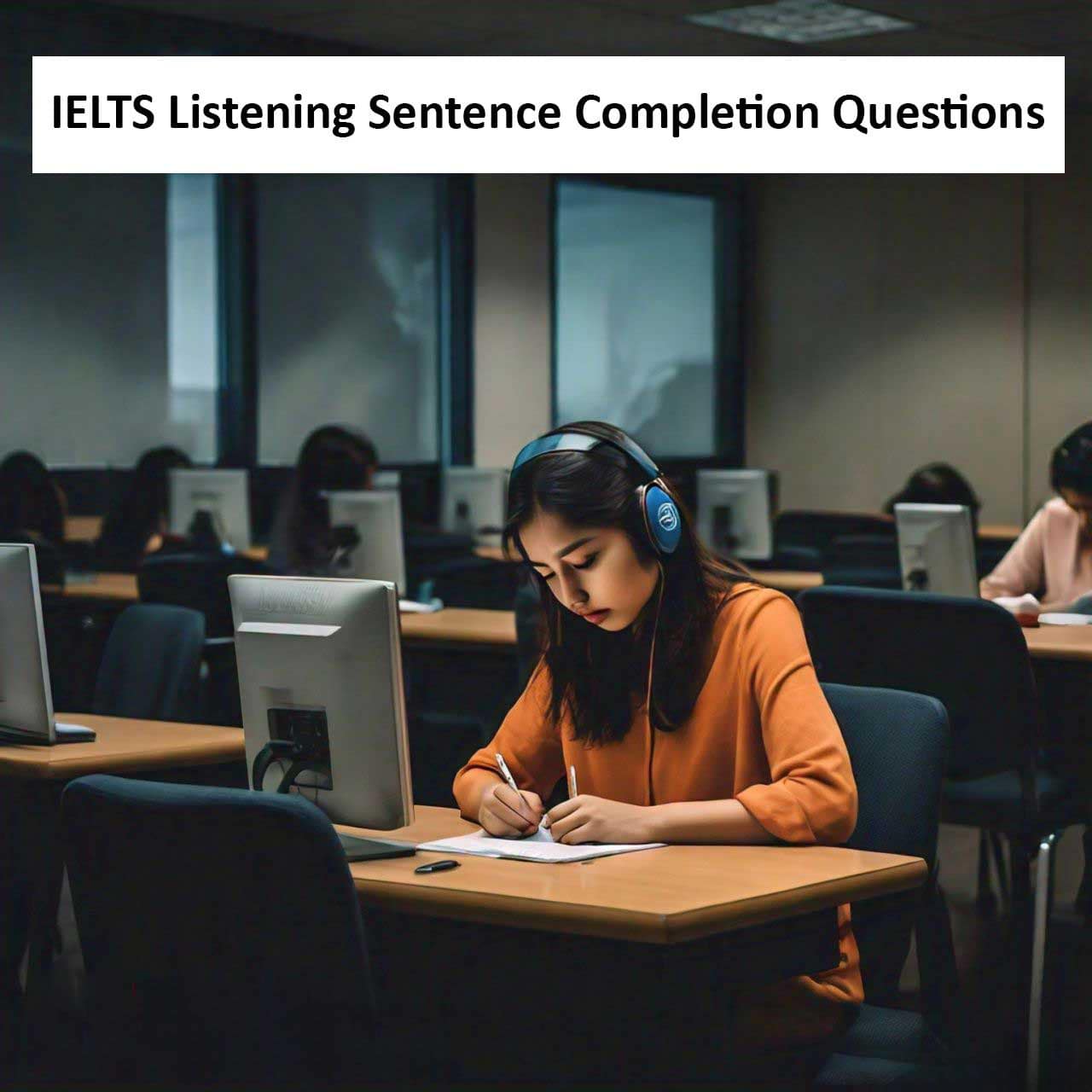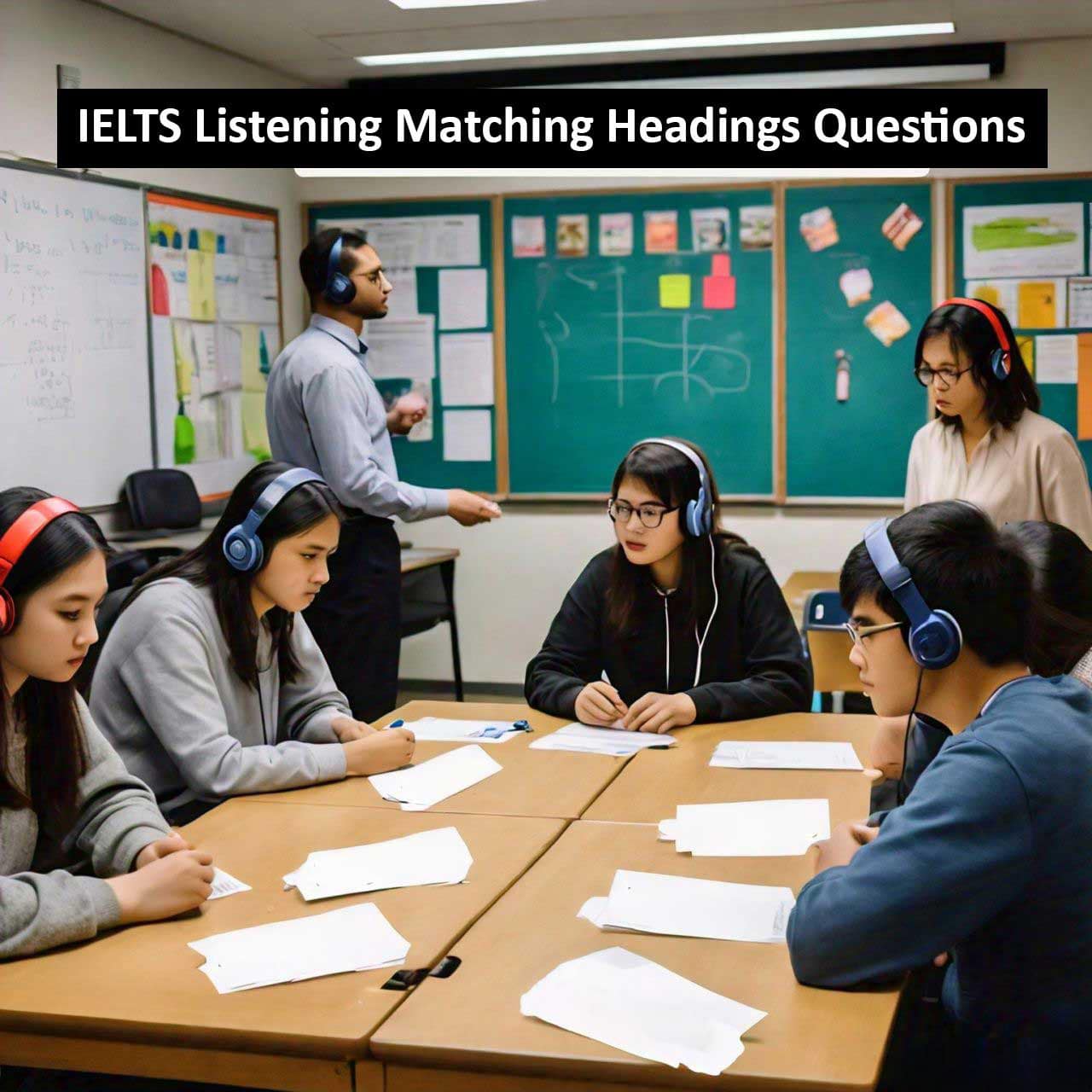The IELTS Listening test is a vital component of the overall examination, designed to assess your ability to understand spoken English in various contexts. One of the most effective strategies to excel in this section is using context clues. By harnessing the power of context, you can significantly improve your comprehension and accuracy. Here’s a detailed guide on how to use context clues effectively in the IELTS Listening test.
Table of Contents
Understanding Context Clues
Context clues are hints found within the surrounding text or speech that help you infer the meaning of unfamiliar words or phrases. In the IELTS Listening test, these clues can come from the tone, vocabulary, and structure of the dialogue or monologue. Recognizing and interpreting these clues can help you answer questions more accurately, even when you don’t catch every word.
Types of Context Clues
1. Definition Clues
Sometimes, speakers define a term immediately after using it. For example:
– “The habitat, which is the natural home or environment of an animal, is crucial for its survival.”
2. Synonym Clues
Speakers might use synonyms to explain a word or phrase. For instance:
– “The weather was inclement, or rather, very stormy, making it difficult to travel.”
3. Antonym Clues
Contrasting words or phrases can provide clues about the meaning. For example:
– “Unlike the bright, sunny morning, the afternoon turned out to be quite gloomy.”
4. Example Clues
Examples can illustrate the meaning of a word. For instance:
– “There are several types of renewable energy, such as solar, wind, and hydroelectric power.”
5. Inference Clues
These clues require you to make logical guesses based on the overall context. For example:
– “He missed the lecture because he was feeling under the weather, so he stayed in bed all day.”
Strategies for Using Context Clues
1. Active Listening
Engage actively with the audio by paying close attention to the speaker’s tone, pace, and emphasis. This can provide valuable clues about the context and main ideas.
2. Predicting Content
Before listening, quickly read through the questions to predict the type of information you need. This primes your brain to recognize relevant context clues when you hear them.
3. Note-Taking
Jot down key words and phrases while listening. This helps you track the main points and details, making it easier to identify context clues.
4. Focusing on Signal Words
Listen for signal words that introduce definitions, examples, or contrasts, such as “for example,” “however,” “in other words,” and “on the other hand.”
5. Using Prior Knowledge
Leverage your background knowledge on the topic to fill in gaps. Familiarity with the subject matter can help you make educated guesses about unfamiliar content.
Practicing Context Clues
1. Practice with Authentic Materials
Use authentic listening materials, such as podcasts, news reports, and academic lectures. Practice identifying context clues in these real-world scenarios.
2. Simulate Test Conditions
Regularly take practice tests under exam conditions. This helps you become accustomed to the test format and time constraints, enhancing your ability to use context clues effectively.
3. Review and Reflect
After completing practice tests, review your answers, especially the ones you got wrong. Reflect on how context clues could have led you to the correct answer.
Example Practice Exercise
Listen to the following dialogue and try to answer the questions using context clues:
> Speaker 1: “The economic downturn has led to a significant decrease in consumer spending.”
> Speaker 2: “Yes, many people are tightening their belts these days.”
Question: What does “tightening their belts” mean?
Using Context Clues: The phrase “tightening their belts” follows a statement about a decrease in consumer spending due to an economic downturn. The context suggests that people are likely cutting back on expenses. Therefore, “tightening their belts” means reducing spending.
Final Thoughts
Using context clues is a powerful strategy to enhance your performance in the IELTS Listening test. By actively engaging with the audio, predicting content, and focusing on key words and phrases, you can improve your comprehension and accuracy. Regular practice with a variety of listening materials and under test-like conditions will help you become adept at using context clues, ultimately boosting your IELTS Listening score. Happy studying and good luck!



